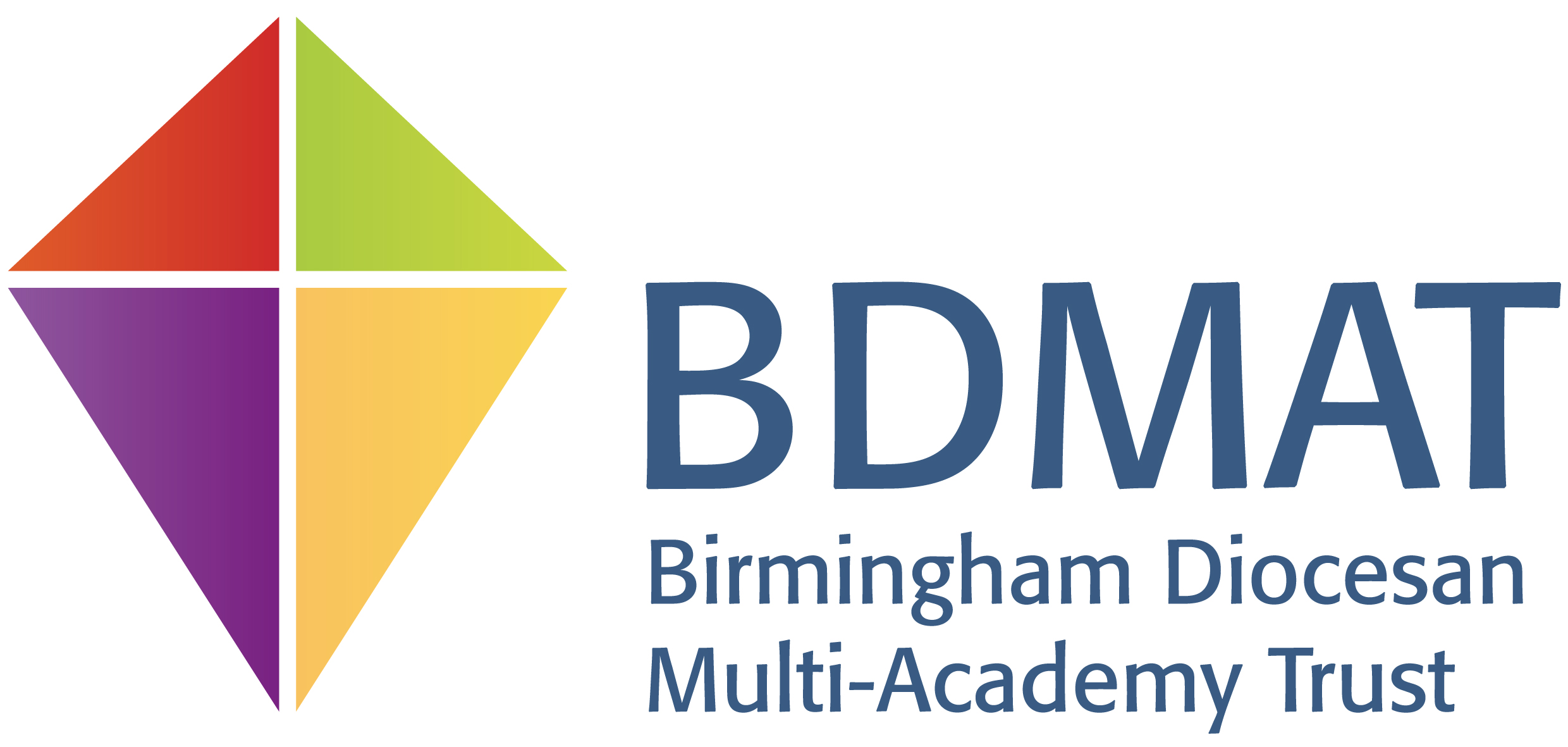Computing
Computing Intent
At Holy Trinity we intend that children should master Computing to such an extent that they can go on to have careers within Computing and make use of Computing effectively in their everyday lives, without being completely reliant on technology. Pupils will be taught to use technology responsibly and carefully, being mindful of how their behaviour, words and actions can affect others. Our children will be taught Computing in a way that ensures progression of skills and follows a sequence to build on previous learning. Pupils at Holy Trinity will gain experience and skills of a wide range of technology in a way that will enhance their learning opportunities, enabling them to use technology across a range of subjects.
Aims
The national curriculum for computing aims to ensure that all pupils:
- can understand and apply the fundamental principles and concepts of computer science, including abstraction, logic, algorithms and data representation
- can analyse problems in computational terms, and have repeated practical experience of writing computer programs in order to solve such problems
- can evaluate and apply information technology, including new or unfamiliar technologies, analytically to solve problems
- are responsible, competent, confident and creative users of information and communication technology.
Teaching and Learning
At Holy Trinity we follow a broad and balanced Computing curriculum that builds on previous learning and provides both support and challenge for learners. We follow the Kapow Primary Computing scheme which ensures a clear progression of skills and covers all aspects of the Computing curriculum. The scheme of work is organised into units. Within each unit, lessons must be taught in order as they build upon one another. All classes will have a scheduled hour-long Computing lesson each week and will be also taught Computing alongside other curriculum subjects. Children’s work will be stored on the school’s shared drive for reference and assessment. We want to ensure that Computing is embedded in our whole school curriculum and that opportunities for enhancing learning by using technology are always taken.
The Computing scheme of work ensures a broad and balanced coverage of the National Curriculum requirements and covers the three main aims, Computer Science, Information Technology and Digital literacy. These aims are constantly revisited throughout KS1 and KS2, covered in greater complexity and prior knowledge is utilised so pupils can build on previous foundations, rather than starting again. Online Safety is deeply embedded across all key stages ensuring pupils address key issues varying from online bullying, identifying fake news and privacy. At the end of each year, pupils are given an opportunity to demonstrate the skills they have learnt by completing a ‘skills showcase’ unit. Lessons are progressive and follow a clear structure as well as incorporating a range of teaching strategies which encourage problem solving, creative and reflective thinking and independent learning.
Curriculum Documentation
Computing Progression Document



